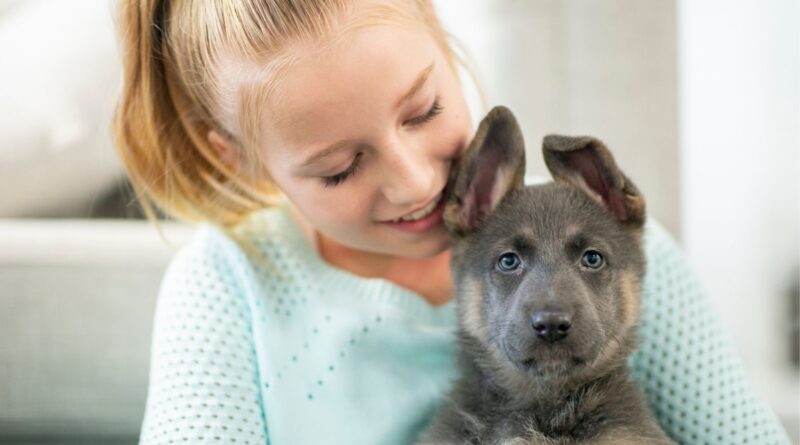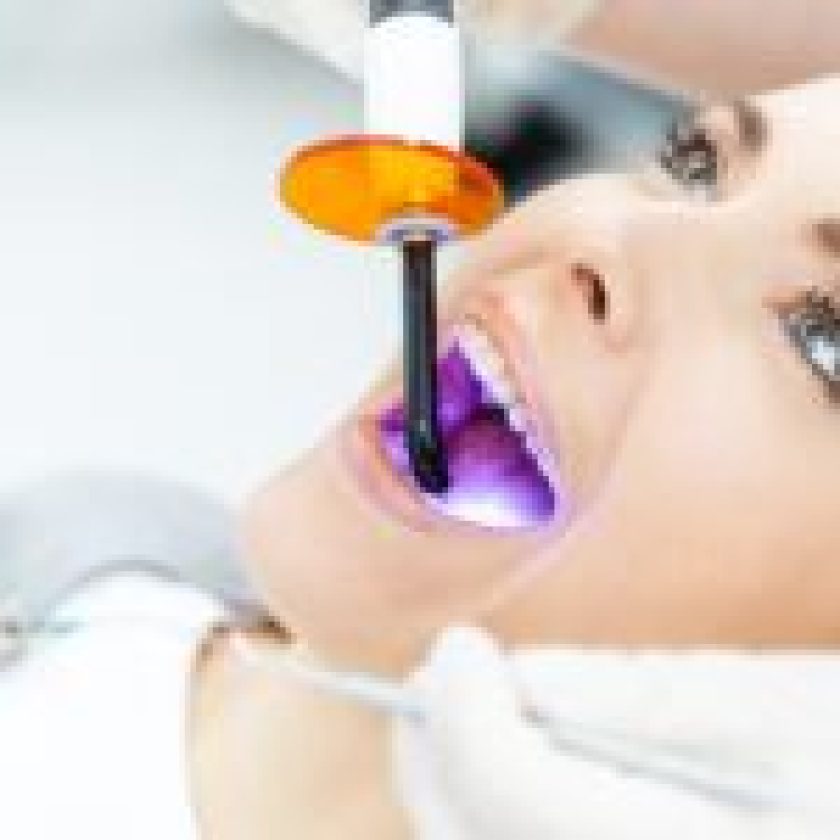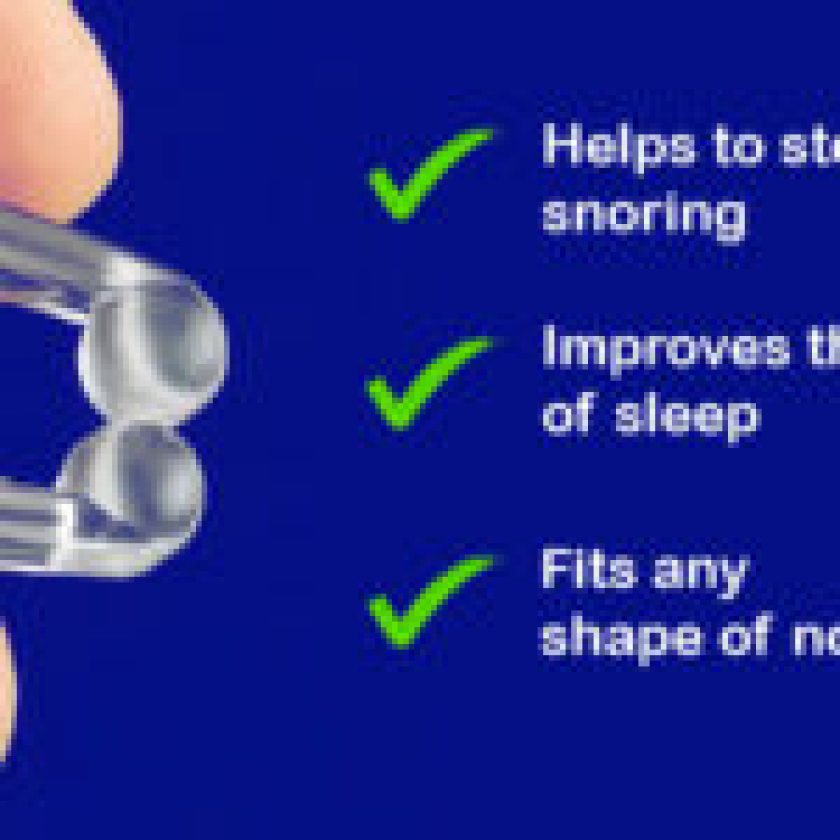Welcome to the world of dogs! You’ve decided to add a new furry friend to your family and you’re ready to go. Now what? This guide will help you get started and make sure your new pup has everything he needs in order to be happy and healthy.
What to Expect When You Get Your Puppy
When you bring home your puppy, he may be excited at first but this phase usually ends after a few days. He may chew on things, explore his surroundings and bark at anything that moves, but if this doesn’t bother you, there’s nothing wrong with it!
It’s normal for puppies to have accidents in their new environment because they haven’t been house-trained yet. They may also have some separation anxiety so they can be destructive while they adjust to having more space around them. Don’t worry too much about these things since they will eventually stop as your puppy gets older and learns how to use the bathroom outside of his crate or pen when necessary.
Puppy Care Guide
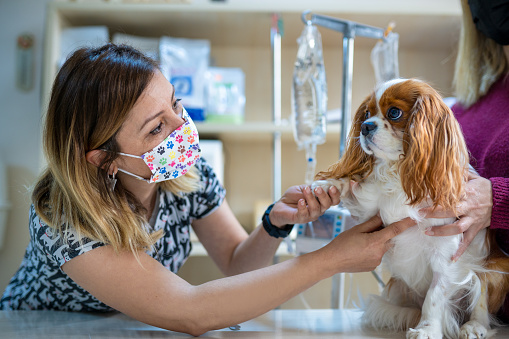
source: poshpuppy.in
As a new dog parent, there are a lot of things to learn about your new puppy. You might be wondering how much to feed a puppy, when they are ready to take a bath or if it’s safe to let your other pets in the house go near them. This is a lot more than just feeding them and giving them water. You’ll have to learn how to train them, play with them, and teach them how to behave in public settings.
If you are having trouble taking care of your puppy, here are some tips that will help you:
Puppy-proof your home.
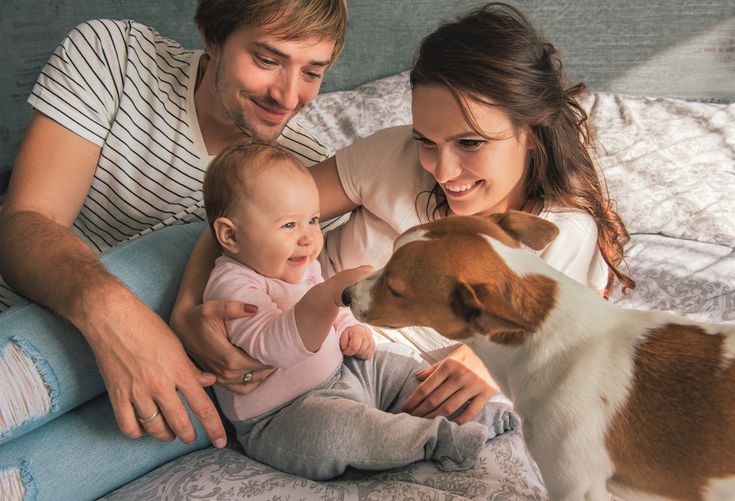
source: parents.com
Puppy-proofing your home is essential for new dog parents. It’s essential for you to know what dangers are out there so that you can keep your pup safe. Puppies need their parents to watch over them and make sure they are always safe. This is especially true when it comes to new owners who are not sure what kind of environment their dog will be in once they go home.
You have to ensure that your puppy is not exposed to any hazards or accidents he could get into while he is growing up, or else it could cause him a lot of harm that would be difficult to fix later on down the line. Here are some tips:
- For the first few weeks, keep him in the yard or on a leash at all times. This will help you teach him how to behave around other dogs and people.
- Make sure he’s always supervised inside or confined in an area where he can’t get into trouble with another pet or child.
- Let your pup meet your other pets. Introducing puppies to cats can also be tricky; some cats don’t like puppies and some may try to attack them. So make sure before bringing them home that you have the space and time for all of these interactions safely — even if it means separating them from your cat for a few weeks while you work out any issues first!
Prepare necessary supplies.
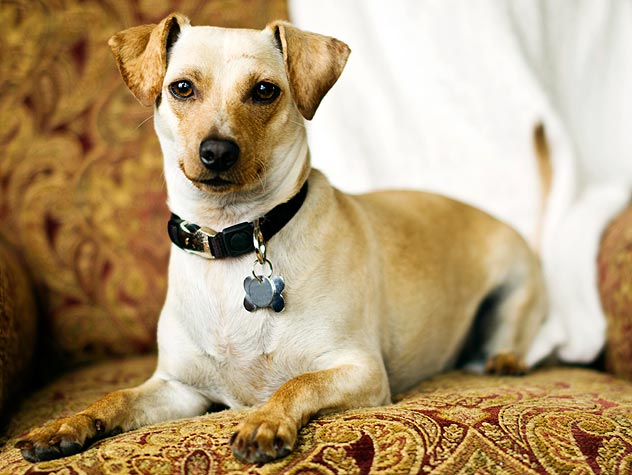
source: pinterest.com
It is important to prepare for the first few days of your puppy’s life by having the necessary supplies on hand. Here are the most common stuff you’ll need:
- A crate: It’s important for your new dog to have his own safe space. For the first few days, keep him in his crate when you aren’t home or training him.
- Puppy food and water. You can purchase these items at your local pet store or online.
- Bowls and collars (for potty training). These are available at most pet stores, but they may also be purchased online.
- Toys, treats, and chew toys (for chewing). These are also available at most pet stores, but they may also be purchased online.
- Leash and harnesses (for walks). These are available at most pet stores, but they may also be purchased online.
Plan your puppy’s diet.
Feed your puppy regularly with good quality dog food that is balanced for growth and development as well as calcium and vitamin requirements for growing bones and teeth.
Make sure that you feed your puppy fresh food and water daily. We recommend a nutrient-dense dog food that is suitable for growing puppies. A good quality dog food will contain high levels of protein, fat, and carbohydrates. It is important to choose one that contains high levels of protein to help grow your puppy’s muscles and bones.
It’s important for a puppy’s health that he or she gets all the nutrients he or she needs from his or her diet. Puppies grow quickly and need extra calories to keep up with their rapid growth. The most common nutrient deficiency in puppies is protein, so it’s important to make sure your puppy has enough protein in his or her diet.
Give your puppy plenty of exercise each day.
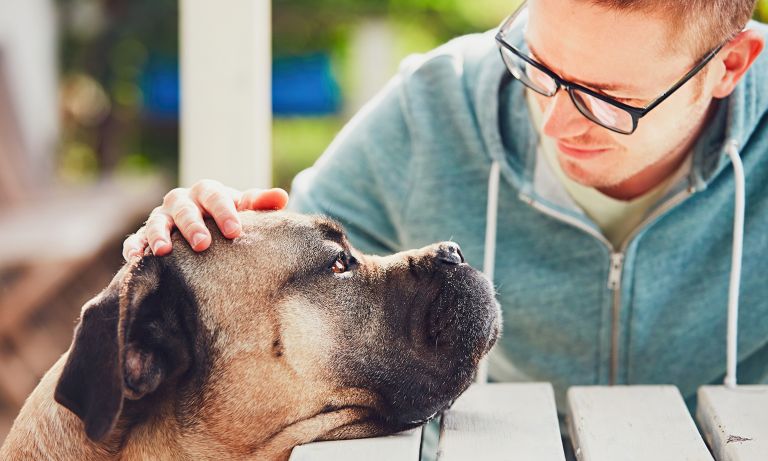
source: helpguide.org
The best way to help your puppy develop a healthy lifestyle is by providing him with plenty of exercises each day. Exercise not only helps your dog to build strong muscles, bones, and joints but also forms a bond between you and your pet.
Puppies need exercise to burn off excess energy so they don’t become bored or destructive. If they are allowed to run around in the back yard all day, they will get tired and choose to watch television instead of playing with toys or digging up the yard.
It’s important that you don’t over-exercise your puppy at first because he may not be ready for the amount of physical activity required by an adult dog. He needs time to grow into his body and figure out how much exercise he can handle at one time.
If you want your puppy to learn how much exercise he needs daily, start out by walking him for at least 30 minutes every day (or more if possible). Take breaks whenever he tires out or exhibits signs of stress such as whining or panting excessively.
Complete your puppy’s vaccines and veterinary appointments.
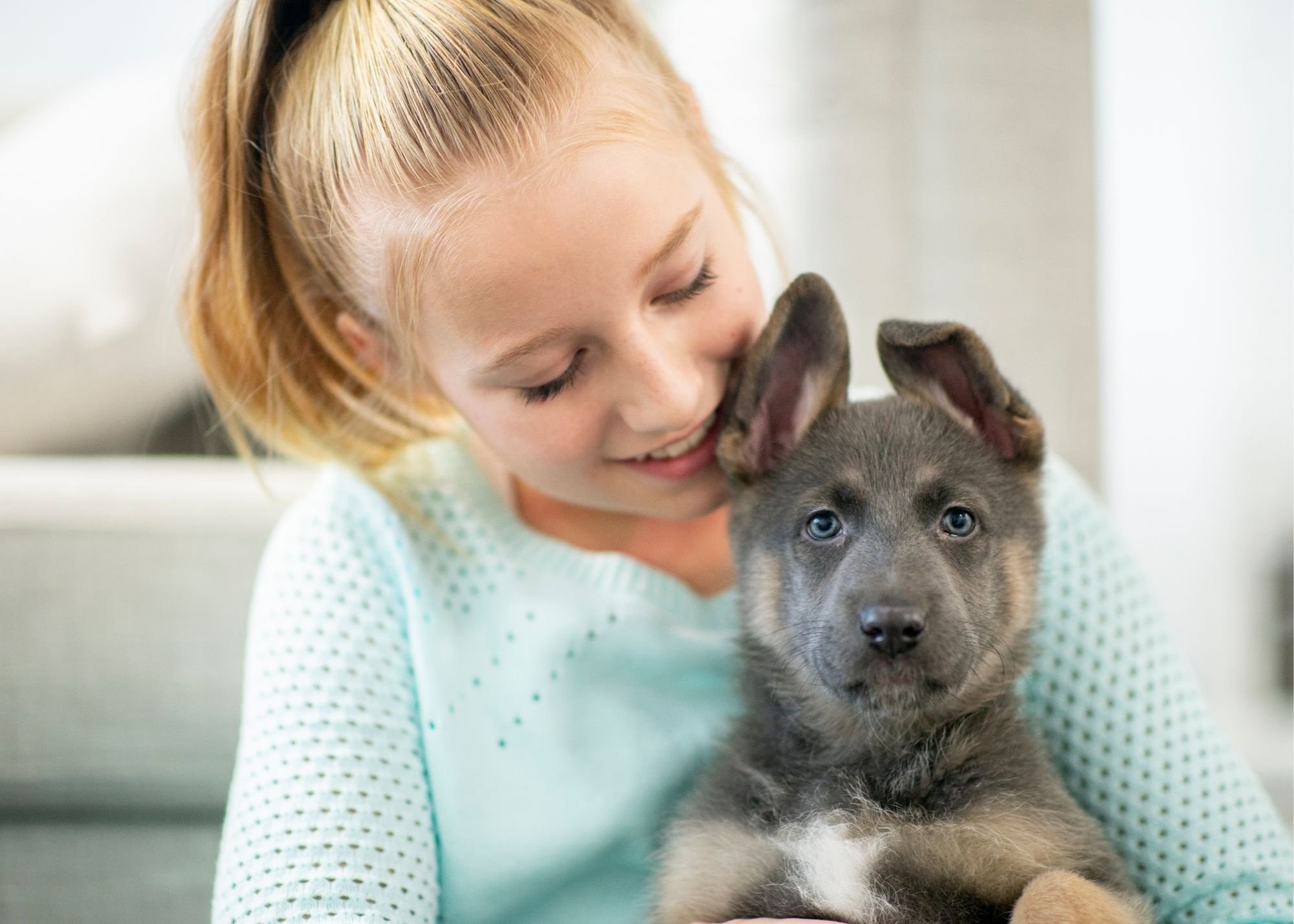
source: pinterest.com
Your puppy needs regular checkups and shots from the time he is born until he is fully vaccinated. The most important thing you can do as a new dog owner is to have all of your puppy’s vaccinations completed by a veterinarian. The process of getting all of these vaccinations done will take some time, but it is well worth the wait. A healthy puppy is essential for their long-term health and happiness. The first visit should be an examination with all necessary tests done, including bloodwork and heartworm testing. Your next visit should be for vaccines and deworming if needed. Then you will need to return yearly for checkups on your dog’s health.

